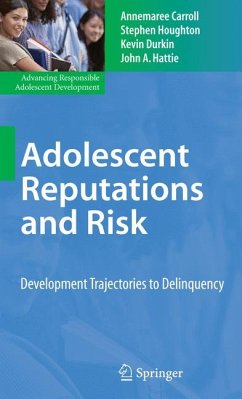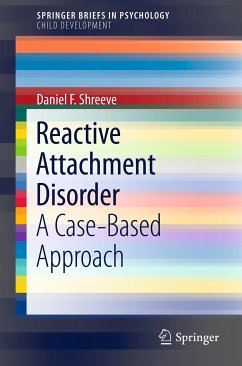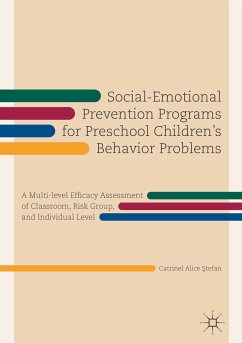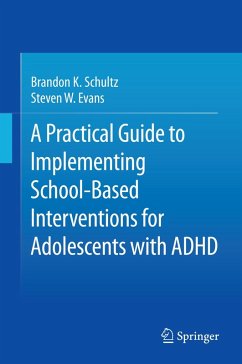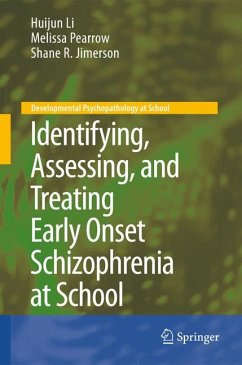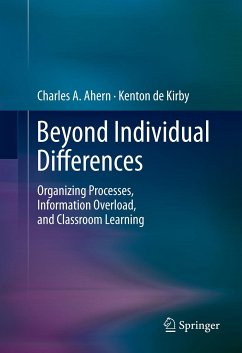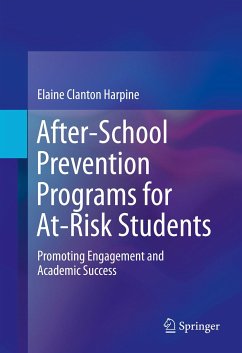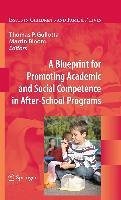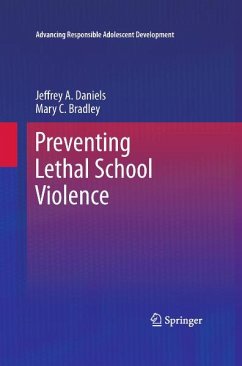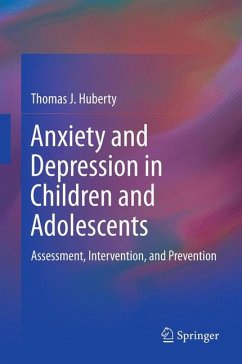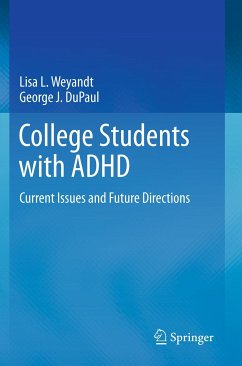
College Students with ADHD (eBook, PDF)
Current Issues and Future Directions
Versandkostenfrei!
Sofort per Download lieferbar
60,95 €
inkl. MwSt.
Weitere Ausgaben:

PAYBACK Punkte
30 °P sammeln!
Not long ago, conventional wisdom held that ADHD was a disorder of childhood only-that somewhere during puberty or adolescence, the child would outgrow it. Now we know better: the majority of children with the disorder continue to display symptoms throughout adolescence and into adulthood. It is during the teen and young adult years that the psychological and academic needs of young people with ADHD change considerably, and clinical and campus professionals are not always sufficiently prepared to meet the challenge.College Students with ADHD is designed to bring the professional reader up to s...
Not long ago, conventional wisdom held that ADHD was a disorder of childhood only-that somewhere during puberty or adolescence, the child would outgrow it. Now we know better: the majority of children with the disorder continue to display symptoms throughout adolescence and into adulthood. It is during the teen and young adult years that the psychological and academic needs of young people with ADHD change considerably, and clinical and campus professionals are not always sufficiently prepared to meet the challenge.
College Students with ADHD is designed to bring the professional reader up to speed. The book reviews the latest findings on ADHD in high school and college students, assessment methods, and pharmacological and nonpharmacological interventions. Practical guidelines are included for helping young adults make the transition to college, so they may cope with their disorder and do as well as possible in school and social settings. Coverage is straightforward, realistic, and geared toward optimum functioning and outcomes. Among the topics featured:
- Background information, from current statistics to diagnostic issues. - ADHD in high school adolescents. - ADHD in college students: behavioral, academic, and psychosocial functioning. - Assessment of ADHD in college students. - Psychosocial/educational treatment of ADHD in college students. - Pharmacotherapy for college students with ADHD. - Future directions for practice and research.
The comprehensive information in College Students with ADHD provides a wealth of information to researchers and professionals working with this population, including clinical and school psychologists, school and college counselors, special education teachers, social workers, developmental psychologists, and disability support staff on college campuses, as well as allied mental health providers.
College Students with ADHD is designed to bring the professional reader up to speed. The book reviews the latest findings on ADHD in high school and college students, assessment methods, and pharmacological and nonpharmacological interventions. Practical guidelines are included for helping young adults make the transition to college, so they may cope with their disorder and do as well as possible in school and social settings. Coverage is straightforward, realistic, and geared toward optimum functioning and outcomes. Among the topics featured:
- Background information, from current statistics to diagnostic issues. - ADHD in high school adolescents. - ADHD in college students: behavioral, academic, and psychosocial functioning. - Assessment of ADHD in college students. - Psychosocial/educational treatment of ADHD in college students. - Pharmacotherapy for college students with ADHD. - Future directions for practice and research.
The comprehensive information in College Students with ADHD provides a wealth of information to researchers and professionals working with this population, including clinical and school psychologists, school and college counselors, special education teachers, social workers, developmental psychologists, and disability support staff on college campuses, as well as allied mental health providers.
Dieser Download kann aus rechtlichen Gründen nur mit Rechnungsadresse in A, B, BG, CY, CZ, D, DK, EW, E, FIN, F, GR, HR, H, IRL, I, LT, L, LR, M, NL, PL, P, R, S, SLO, SK ausgeliefert werden.




